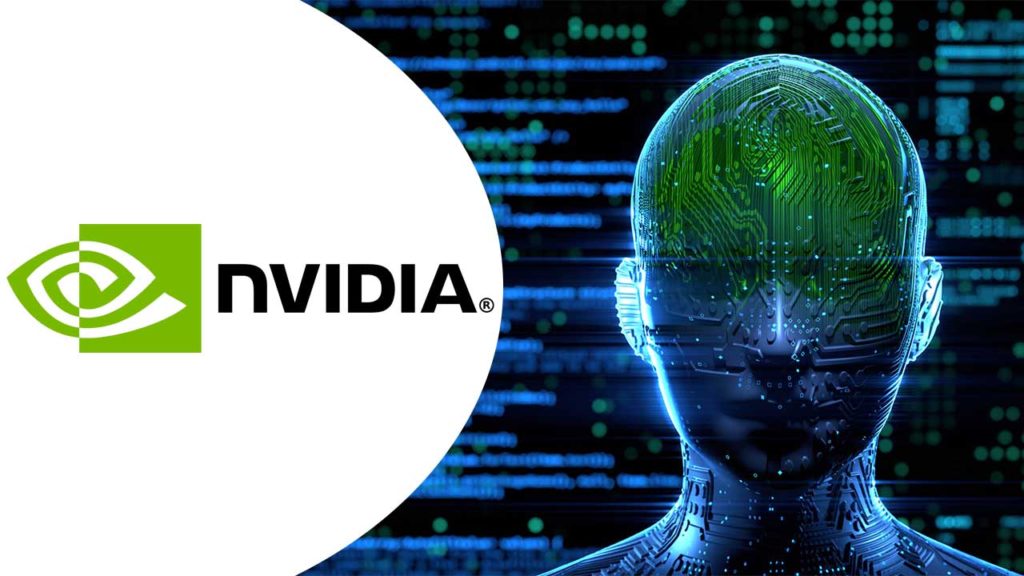|
Getting your Trinity Audio player ready...
|
Santa Clara, California – Nvidia’s unrivaled prowess in AI chip development has cast a chilling shadow over potential competitors, leading to a substantial drop in venture funding for AI chip startups in the United States. Investors have witnessed an 80% decline in the number of deals during this quarter compared to the previous year.
Nvidia, based in Santa Clara, California, has established itself as a dominant force in the market for AI chips tailored for handling extensive language data. These chips are crucial for the advancement of Generative AI models, which become progressively smarter as they are exposed to larger datasets through a process known as training.
As Nvidia’s influence in this domain has grown stronger, it has become increasingly challenging for emerging companies to develop competing AI chips. Recognizing the heightened risk associated with these startups, venture financiers have grown hesitant to provide substantial financial support. The costs of progressing from chip design to a functional prototype can easily exceed $500 million, making the recent reduction in funding particularly detrimental to these startups.
Greg Reichow, a partner at Eclipse Ventures, remarked on the situation, stating, “Nvidia’s continued dominance has put a really fine point on how hard it is to break into this market. This has resulted in a pullback in investment into these companies, or at least into many of them.”
PitchBook data reveals that U.S. chip startups raised $881.4 million by the end of August this year, compared to $1.79 billion during the first three quarters of 2022. Moreover, the number of deals had dwindled from 23 to just four by the end of August this year.
Nvidia declined to comment on these developments.
Mythic, an AI chip startup, faced financial difficulties last year, nearly having to halt operations due to a cash shortage. However, it managed to secure a relatively modest $13 million investment in March, despite previously raising approximately $160 million.
Mythic CEO Dave Rick noted that Nvidia has “indirectly” contributed to the broader challenges faced by AI chip fundraisers because investors increasingly seek “home run only type investments with a huge investment, huge return.”
Challenging economic conditions have also exacerbated the downturn within the cyclical semiconductor industry, according to Rick.
Reports suggest that Rivos, a secretive startup specializing in chip designs for data servers, has encountered difficulties securing funding recently. However, a Rivos spokesperson refuted any impact on fundraising efforts due to Nvidia’s market dominance, emphasizing that their hardware and software “continue to excite our investors.” Rivos is currently involved in litigation with Apple, accused of intellectual property theft, which may have added to their fundraising challenges.
Investors now impose stricter demands on chip startups, requiring them to have a product that is either months away from launch or already generating sales.
Just a couple of years ago, investments in chip startups often reached $200 million or $300 million, but that figure has now dwindled to around $100 million, according to Brendan Burke, an analyst at PitchBook.
Despite these challenges, some AI chip startups have managed to attract investor interest by highlighting potential customers or their associations with prominent industry figures. For instance, Tenstorrent recently raised $100 million in August by touting CEO Jim Keller, a renowned chip architect with a history of designing chips for Apple, Advanced Micro Devices (AMD), and Tesla.
Similarly, D-Matrix, which anticipates revenue of less than $10 million this year, secured $110 million in funding last week, supported by Microsoft’s financial backing and a commitment from the tech giant to test D-Matrix’s new AI chip after its launch next year.
In contrast to AI chip makers, startups in AI software and related technologies have not faced the same constraints. They have attracted approximately $24 billion in funding through August this year, according to PitchBook data.
While Nvidia currently holds a dominant position in AI computing, its supremacy is not invulnerable. AMD has plans to launch a competing chip later this year, and Intel has made strides through acquisitions to introduce a rival product. Industry sources view these developments as having the potential to challenge Nvidia’s market dominance in the long run.
